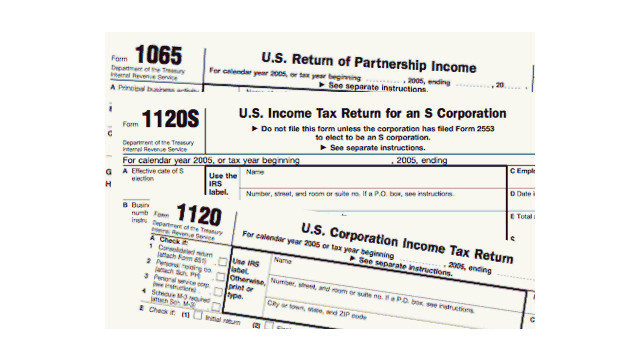Taxes
Tax Partner Matters More Than Firm on Business Taxes
When it comes to a corporation’s relationship with its accounting firm, the firm itself is less important than the partner who leads its engagement team in lowering its tax rate.
Aug. 23, 2023

When it comes to a corporation’s relationship with its accounting firm, the firm itself is less important than the partner who leads its engagement team in lowering its tax rate, according to a new study from Iowa’s Tippie College of Business.
The study found that the partner has twice as great an impact on the firm’s cash effective tax rate than did their firm. The study also found that partners were a greater factor in determining the likelihood of an IRS audit.
“We asked ourselves why some corporations pay more taxes and some pay less,” said Jaron Wilde, associate professor of accounting. “The answer is that it’s the partner that matters much more than the accounting firm.”
Wilde’s team analyzed more than 94,000 tax returns of U.S. businesses with at least $10 million in assets that used an external tax preparer between 2005 and 2016. Most of the businesses—91%–were private and their data was provided by the IRS.
They then designed a model to determine which of four people had the most significant impact on the taxes paid by the company, the CEO, CFO/CAO, tax preparer partner, or the preparer’s firm.
- The study found…..
- As expected, the CFO/CAO had the greatest impact, as they oversee the firm’s financial records and hire and fire the external accounting firms.
- Of external actors, the individual partner had a much greater impact than the firm. Although accounting firm marketing strategies tend to pitch the benefits their entire portfolio of services provide to clients, Wilde says that matters far less than the individual partner who is actually managing their return preparation.
“Who you use as a partner matters,” he said.
- Of the partners’ demographic characteristics, they found income and gender were most significant. Partners who earned greater incomes had a greater effect on their clients’ returns. Male partners also tended to be associated with a higher likelihood of an IRS audit.
Such characteristics as age, marital status, job title, or whether the partner was also a lawyer had little to no impact.
Wilde’s study, “Who really matters in corporate tax?” was co-authored by Andrew Belnap of the University of Texas and Jeffrey Hoopes of the University of North Carolina and was published in the Journal of Accounting and Economics.
